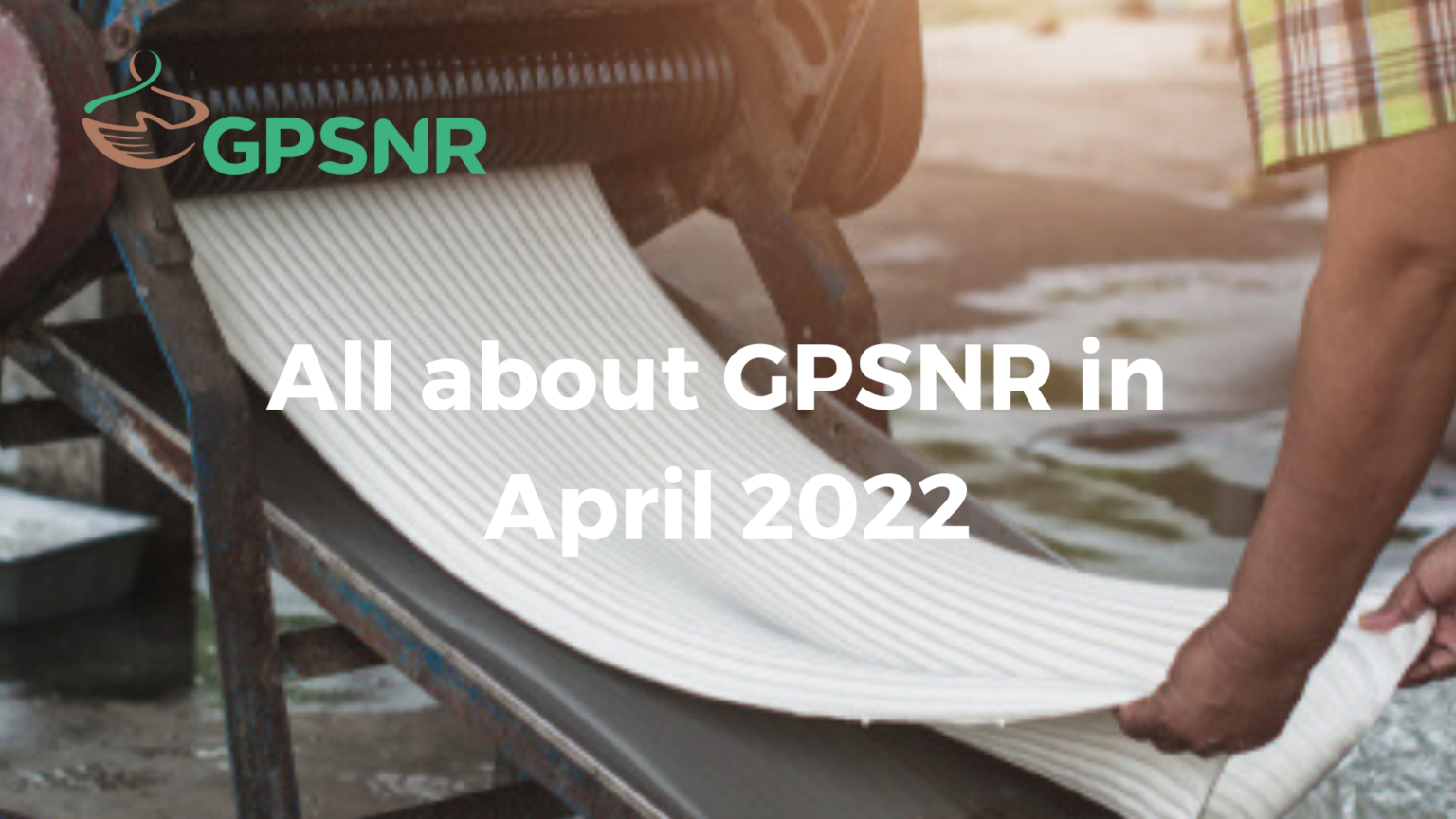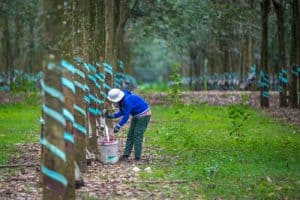Here are all their updates from the last month:
Strategy and Objectives Working Group
After conducting a gap analysis of GPSNR’s current activities based on the platform’s Theory of Change, the strategy and objectives working group is working on a strategy to address the gaps found, which they will soon present to the Executive Committee. The gaps found include government engagement and the enhancing the enablers mentioned in the Theory of Change. You can read the Theory of Change here. At the same time, the risk sub working group continues to develop GPSNR’s approach to evaluating and mitigating risk.
Smallholder Representation Working Group
Having onboarded 23 new smallholders into the platform this month, the working group continues to build on other aspects of its scope, including planning workshops for Liberia, Ghana and Malaysia, developing country-specific smallholder engagement activities with smallholders and Country Champions and appointing a consultant to develop the smallholder policy equivalent.
Policy Toolbox Working Group
This group is continuing discussions among its three subgroups: Transparent reporting roadmap, Implementation Guidance and RR Guidance & Tools. In the coming months, they will finalise guidance for the reporting requirements and share it with members.
Capacity Building Working Group
The group is currently busy in the development of GPSNR’s knowledge sharing platform, which includes smallholder interviews, compiling and assessing responses of member surveys and holding focus group discussions in May 2022. At the same time, they are working on advancing Capacity Building plans for Indonesia, Thailand and Côte d’Ivoire. For capacity building efforts in Indonesia, the group has formed two Task Forces under the Indonesia Subgroup to advance Budwood Garden and Disease Fighting strategies.
Shared Responsibility Working Group
The Shared Responsibility has completed a draft of Shared Responsibility Framework and presented it to the membership at two member consultation webinars. In case you missed these, you can watch the recordings here. It has also opened the draft framework to member feedback till 2nd May. Take a look at the framework here and fill in your inputs here.






